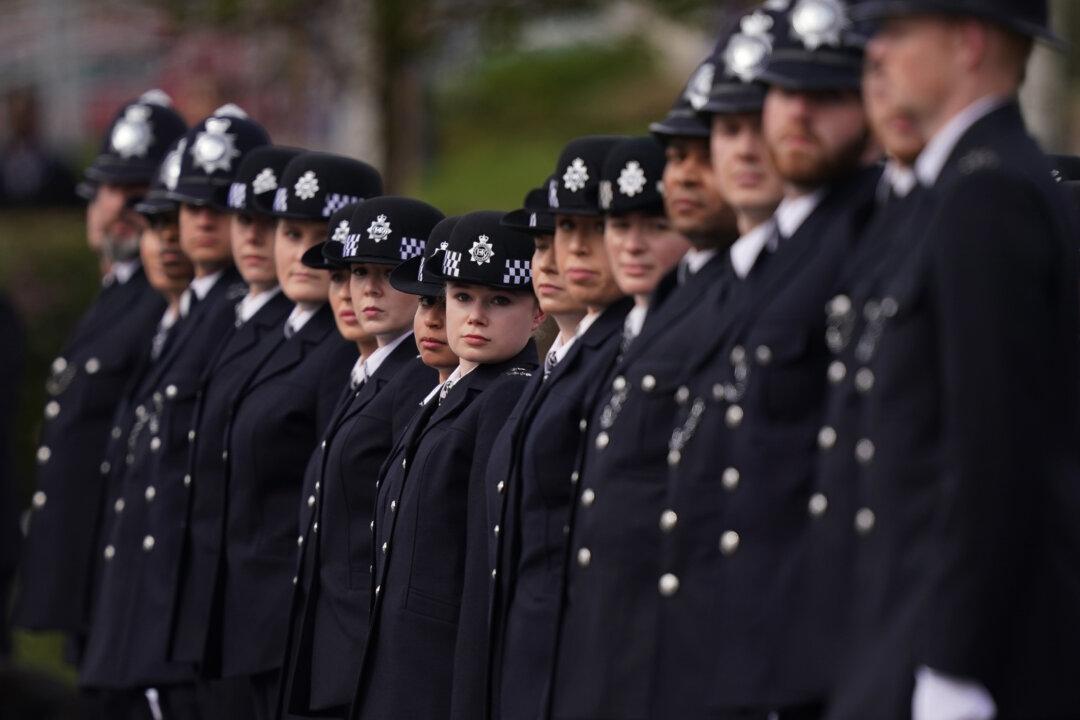A retired Metropolitan Police officer said the decision by Her Majesty’s Inspectorate of Constabulary and Fire and Rescue Services (HMICFRS) to put the force into “special measures” is a “colossal slap in the face” for the rank-and-file officers who are struggling to cope with a massive increase in demand.
It comes as the Policing Minister, Kit Malthouse, accused the Mayor of London, Sadiq Khan, of being “asleep at the wheel” when it comes to the Metropolitan Police.





